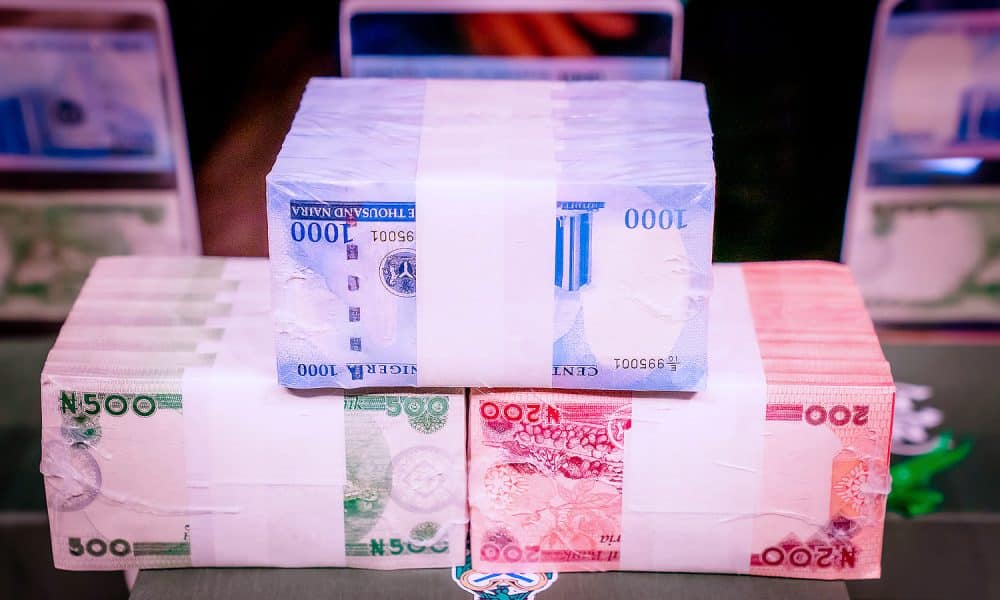Nigeria’s Naira Ranks Among the Weakest Currencies in Sub-Saharan Africa
A recently published report by the World Bank has identified the Nigerian naira as one of the least-performing currencies in Sub-Saharan Africa so far this year.
In August 2024, the naira had lost around 43% of its value, putting it alongside the Ethiopian birr and the South Sudanese pound as one of the weakest currencies in the region.
The currency’s decline is largely attributed to a surge in demand for U.S. dollars in Nigeria’s parallel market, coupled with limited foreign exchange allocations from the central bank and a lack of dollar inflows.
The demand for US dollars is primarily driven by financial institutions, non-financial end-users, and money managers, further straining the naira. Despite efforts to reform the foreign exchange market, including the liberalization of the official exchange rate in June 2023, these measures have not been sufficient to stabilize the currency.
The country’s economic woes, including dwindling foreign reserves and inflationary pressures, have compounded the naira’s challenges, making it even more vulnerable to fluctuations in global markets.
The effects of the currency’s depreciation are being felt across the country, particularly in the domestic market, where imports are becoming increasingly expensive. This is resulting in higher prices for consumers and further exacerbating the economic situation.
However, there was a slight uptick in the naira’s value, appreciating by 5.69% against the dollar on October 14, from ₦1,641.27/$1 to ₦1,552.92/$1. Despite this, foreign exchange turnover fell by 44.27% during the same period.
The World Bank predicts that Nigeria’s economy will grow by 3.3% in 2024, with a slight increase to 3.6% projected for 2025 and 2026 as reforms take hold. However, inflation remains a significant concern, particularly following the removal of fuel subsidies in mid-2023, which has led to a tripling of gasoline prices and increased transportation and logistics costs throughout the country.



